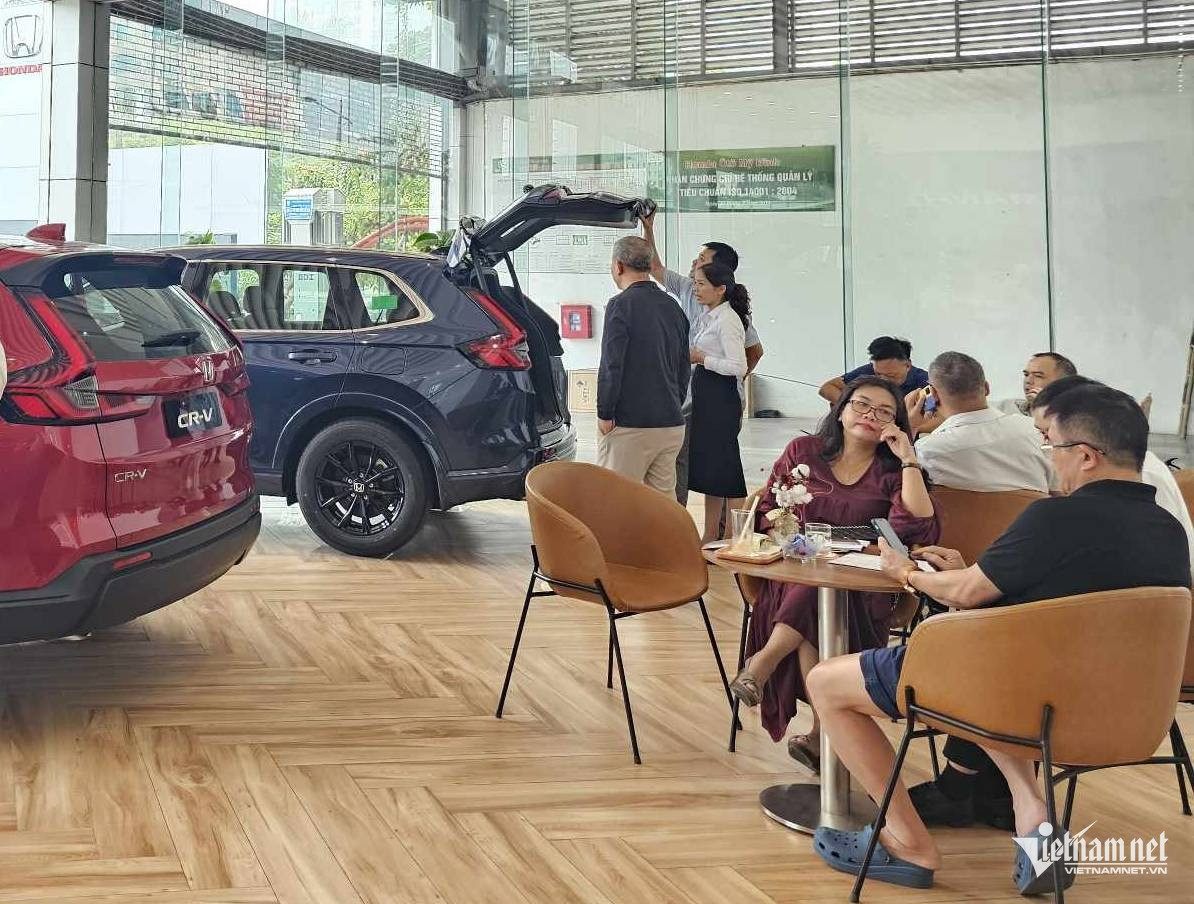
Although President Donald Trump’s new global tariff policy significantly affects auto imports into the U.S., its impact on Vietnam’s automobile market is expected to be indirect and not particularly significant.
In the early hours of April 3, 2025 (Vietnam time), President Trump signed a decree imposing reciprocal import tariffs globally on several economies. However, automobiles and auto parts imported into the U.S. are excluded from this new tariff as they are already subject to additional duties under Section 232 of the Trade Expansion Act of 1962. The relevant regulation was announced in Proclamation No. 10908 on March 26.
According to the U.S. Federal Register, from April 2 onward, all passenger cars and light trucks imported into the U.S. are subject to a 25% tariff. For auto parts, the same rate will be applied starting May 3. This is a substantial increase, up to 10 to 25 times higher than the current rates applied to the EU and Japan (2.5%) and South Korea (0%).
Speaking with VietNamNet, Dao Cong Quyet, Head of the Communications Subcommittee of the Vietnam Automobile Manufacturers Association (VAMA), stated that most VAMA members focus on producing vehicles for the domestic market and exports to select Southeast Asian countries. Therefore, the U.S. import tariff policy is unlikely to significantly affect Vietnamese automakers.
Regarding major companies such as Thaco, Honda, and Ford - previously highlighted by VIS Rating - Quyet noted that Ford and Honda do not currently export vehicles or components to the U.S., and while Thaco does export some models and parts, the volume is still limited.
Although not directly affected, Quyet acknowledged that the U.S. tariff changes could have indirect effects through the global supply chain, in which Vietnam is a link. With rising U.S. import taxes, vehicle shipments to the U.S. may decline, prompting global automakers to redirect their exports to other markets, potentially including Vietnam.
According to industry experts, if Vietnam does not implement appropriate regulatory controls, the domestic auto manufacturing and assembly sector could face difficulties maintaining growth momentum. It may also face increased competition as more imported vehicles enter the market due to global tariff shifts.

Concerns over intensified competition from imported vehicles are well-founded, especially as Vietnam continues to reduce import duties under international trade agreements. Under the EU-Vietnam Free Trade Agreement (EVFTA), effective January 1, 2025, import taxes on fully assembled cars from EU countries like Germany, France, Italy, and the Czech Republic will drop from 39%–42.5% to 31.2%–35.4%.
At the same time, under the Comprehensive and Progressive Agreement for Trans-Pacific Partnership (CPTPP), tariffs on fully built cars from member countries such as the U.S., Japan, and the UK will decrease from 42% to 35%, also starting January 1, 2025.
These tariff reductions are opening the door wider for car imports into Vietnam. Meanwhile, ASEAN countries with advanced auto industries - like Thailand and Indonesia - could shift exports to Vietnam if access to the U.S. market is restricted, increasing competitive pressure on Vietnam’s domestic auto industry.
Beyond automobiles, many other export sectors may also face serious challenges as the U.S. applies tariffs of up to 46% on Vietnamese goods. Industries such as textiles, footwear, electronics, furniture, wood products, agriculture, and seafood could be heavily impacted.
Quyet added: “The new U.S. tax policy may negatively impact the broader economy. As product costs rise, consumers are likely to cut back on spending or delay major purchases like automobiles, directly affecting industry-wide sales.”
Amid these complex developments, Prime Minister Pham Minh Chinh has convened emergency meetings with relevant ministries and agencies to assess the implications of the U.S. tariff changes and explore appropriate response strategies to sustain economic growth.
In this context, automotive manufacturers and assemblers in Vietnam must closely monitor international trade developments and proactively adjust their business strategies to adapt flexibly to global market changes.
Ngo Minh